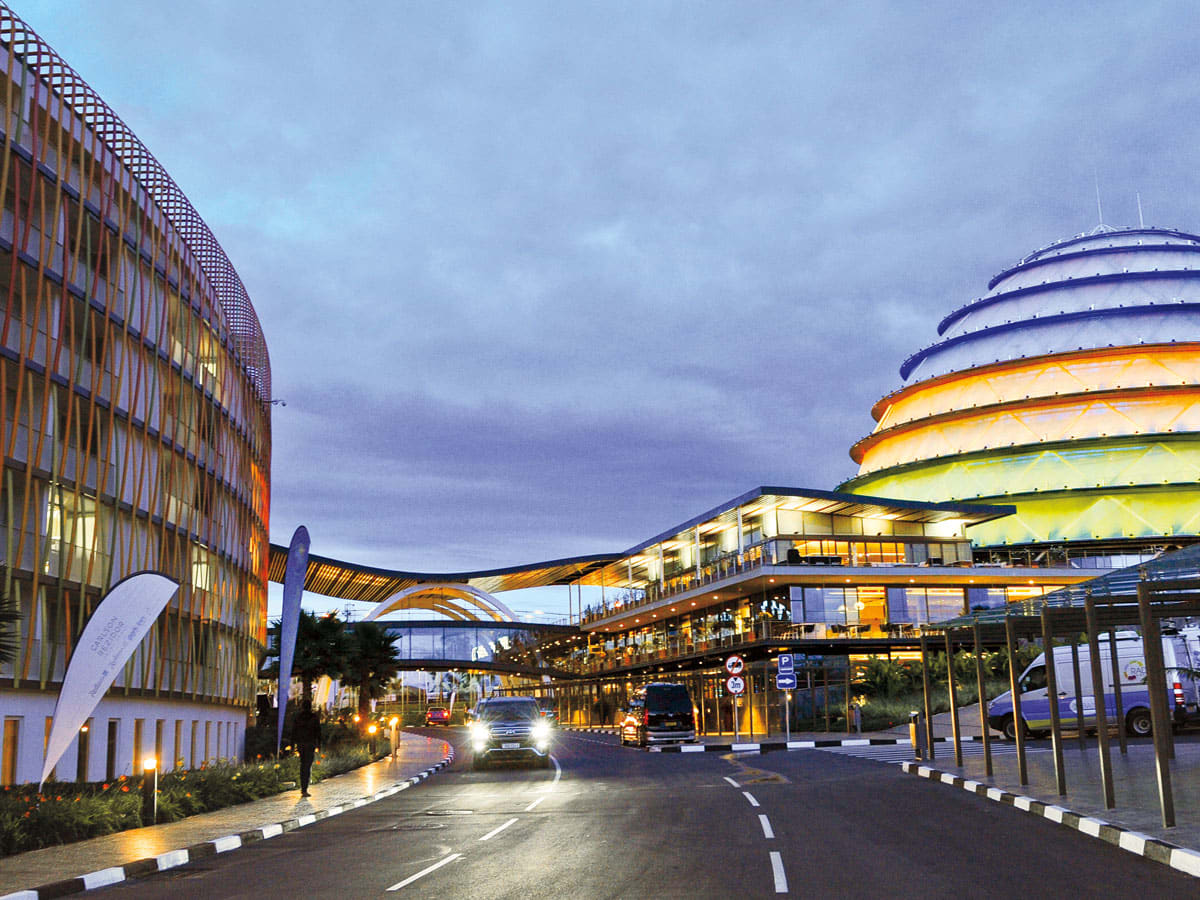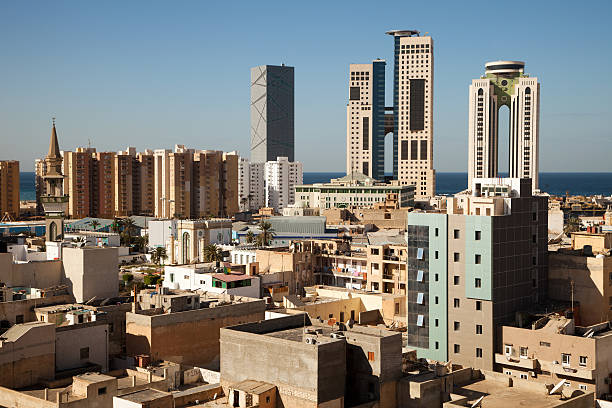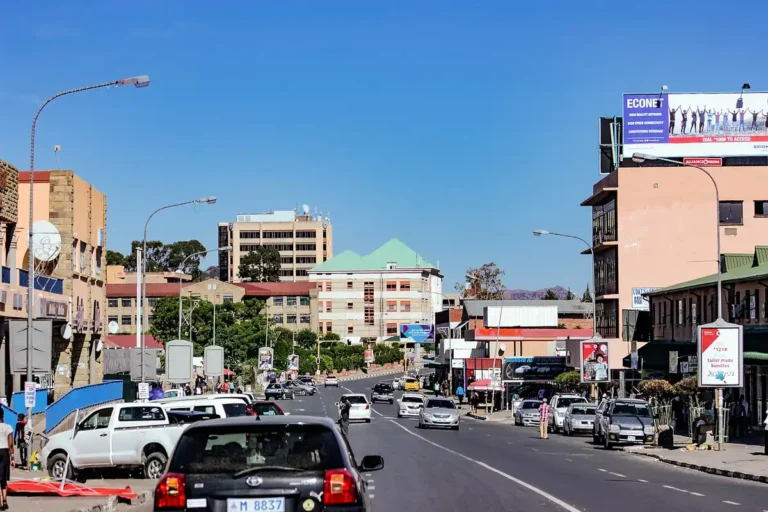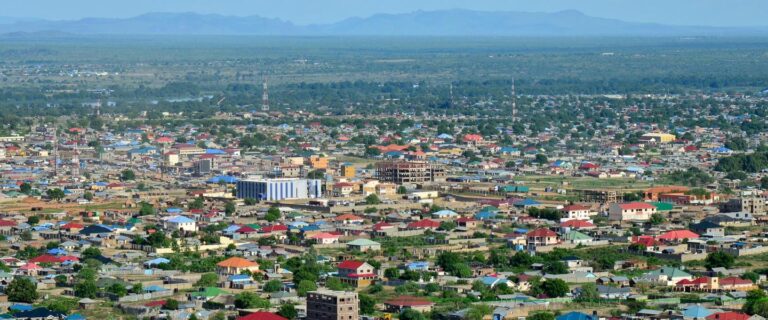Rwanda stands as one of the most remarkable examples of socio-economic transformation in modern Africa. In just three decades since the 1994 genocide, the country has risen from devastation to become a symbol of hope, innovation, and inclusive development. The leadership of President Paul Kagame and a forward-thinking government have been central to this turnaround, promoting national unity, good governance, anti-corruption measures, and citizen-centered policies.
Rwanda’s commitment to rebuilding has been underpinned by a clear vision—articulated in strategic plans such as Vision 2020, Vision 2050, and the National Strategy for Transformation. These frameworks aim to transform Rwanda into a middle-income country and a knowledge-based economy. Today, Rwanda enjoys political stability, social cohesion, and a rapidly developing economy.
Economically, the country has recorded sustained growth, with GDP increasing by an average of 7% annually over the past two decades. This growth has been fueled by diversification into services, tourism, agriculture, construction, and ICT. The government’s investments in infrastructure, such as roads, energy, and internet connectivity, have laid a strong foundation for continued expansion. Kigali, the capital, is often cited as one of Africa’s cleanest, safest, and most efficiently run cities.
Social development indicators have also improved significantly. Poverty rates have dropped from 77% in 2001 to around 55% in 2017, and access to essential services such as healthcare, education, and clean water has expanded across rural and urban areas. Rwanda has achieved near-universal primary education and a dramatic decline in maternal and child mortality. The country is also recognized globally for its strides in gender equality: women hold over 60% of seats in parliament, among the highest in the world.
Technology and digital transformation are another cornerstone of Rwanda’s success. The government has embraced ICT as a key enabler of development, investing in a national fiber-optic backbone and fostering digital literacy. Initiatives such as e-government platforms, drone delivery of medical supplies, and cashless payment systems have positioned Rwanda as a leader in tech-driven governance in Africa.
Business opportunities in Rwanda
Rwanda’s pro-business environment has drawn attention from investors and entrepreneurs across the globe. It is consistently ranked among the top African countries in the World Bank’s Ease of Doing Business index. The Rwanda Development Board (RDB) offers a one-stop center for business registration and investment support, helping reduce bureaucracy and promote investor confidence. The government offers incentives such as tax holidays, free repatriation of profits, and access to regional markets through trade agreements.
Key sectors offering strong investment potential include:
- Agribusiness: With agriculture employing over 70% of the population, there are significant opportunities in modern farming, agro-processing, cold chain logistics, and export of high-value crops like coffee, tea, and horticultural products. Rwanda is especially encouraging private sector participation to enhance food security and value addition.
- Tourism and Hospitality: Rwanda has positioned itself as a high-end eco-tourism destination, home to unique wildlife including the endangered mountain gorillas. Investments are welcome in luxury lodges, guided tour services, domestic flight operations, and conservation-related ventures.
- Information and Communication Technology (ICT): The government’s ambition to make Rwanda the “Silicon Valley of Africa” has created fertile ground for startups and digital solutions. Key areas include fintech, e-commerce, digital health, and education technology. Innovation hubs like Kigali Innovation City are designed to attract technology companies and academic institutions.
- Manufacturing and Construction: As Rwanda pursues industrialization, opportunities exist in light manufacturing (textiles, packaging, consumer goods), construction materials, and affordable housing projects. The government’s “Made in Rwanda” policy supports local production and import substitution.
Renewable Energy: With a goal of achieving universal access to electricity by 2024, Rwanda is investing heavily in solar, hydro, and off-grid energy solutions. The energy sector is open to public-private partnerships, especially in rural electrification and green energy technologies.
Economic development documents
Rwanda as a Socio-Economic Success Story
In conclusion, Rwanda’s transformation into a socio-economic success story is not merely inspirational—it is instructive. It demonstrates how visionary leadership, strategic planning, and citizen engagement can drive sustainable development. For investors and entrepreneurs seeking a stable, transparent, and opportunity-rich environment, Rwanda offers a compelling and future-ready destination.

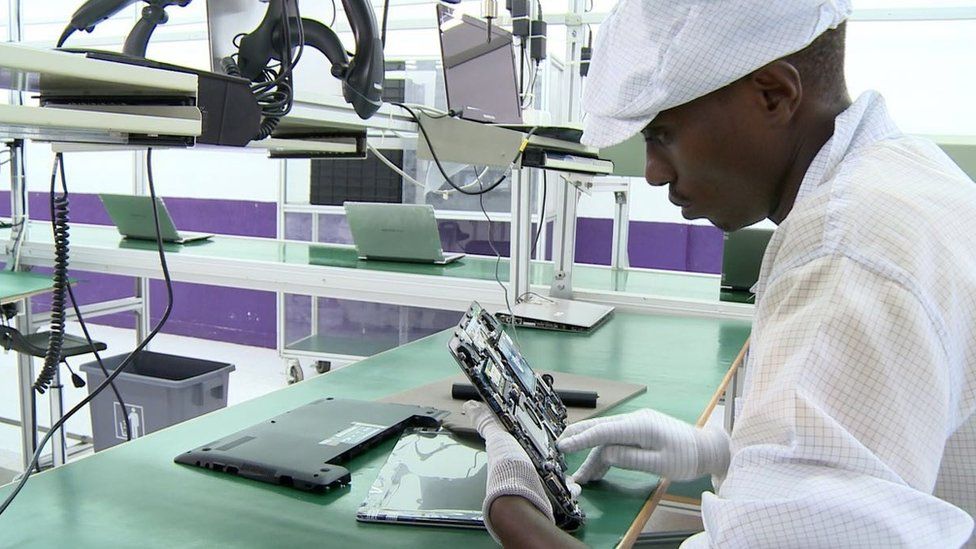

Major companies and businesses in Rwanda
- I&M Bank
- Bralirwa
- MTN
- Inyange industries
- Rwandair

